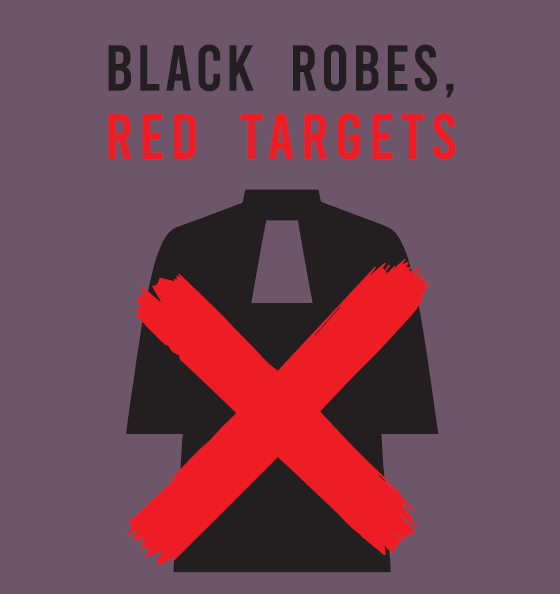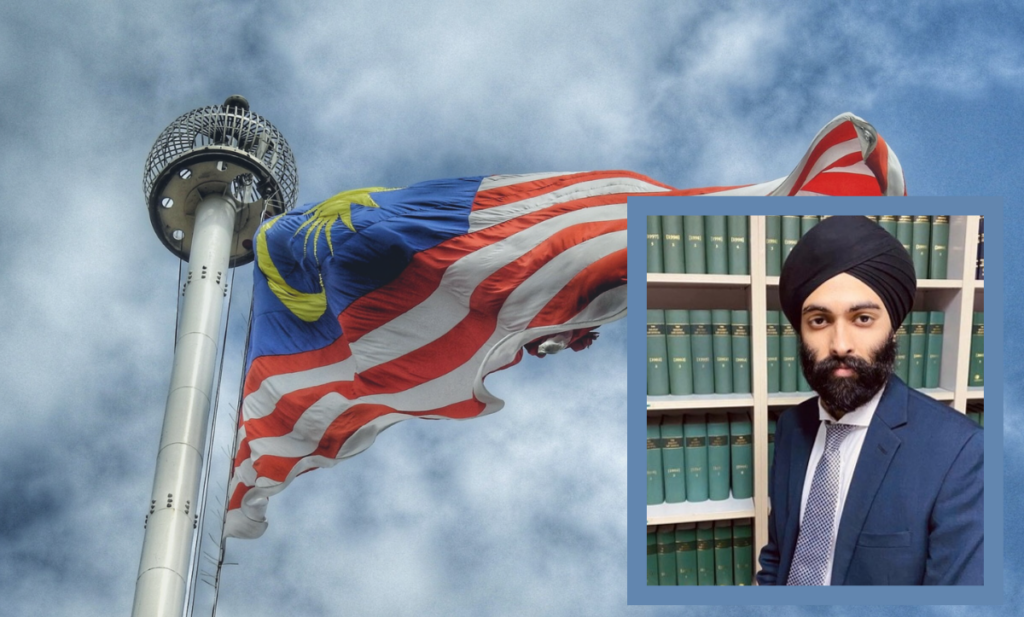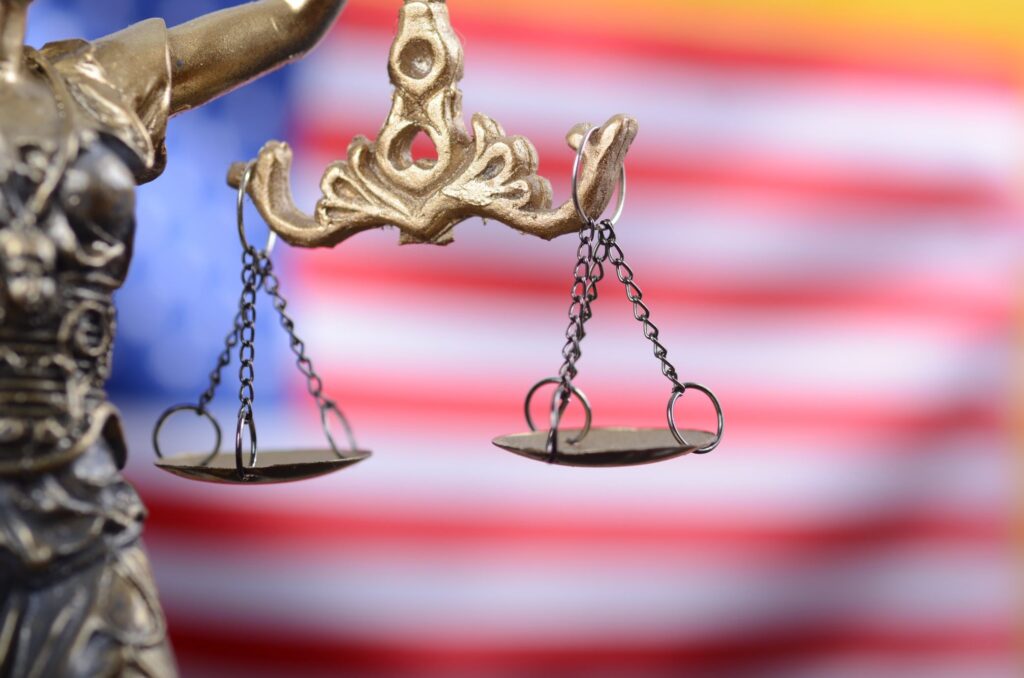Find full press conference statement here
THE HAGUE, June 4, 2025 – The Caravana Filipina – an international fact-finding mission led by a coalition of ten legal organisations, including Lawyers for Lawyers–launched its report, “Black Robes, Red Targets”, exposing grave human rights violations against legal professionals in the Philippines between 2016 and 2023.
This powerful report documents a disturbing pattern of extrajudicial killings, red-tagging, threats and lawfare directed at lawyers, judges, and prosecutors— targeted simply for doing their jobs.
Conducted in June 2024, the Caravana Filipina brought together twelve lawyers from various countries. Inspired by the Latin American tradition of Caravanas—communal journeys of solidarity—the delegation travelled across the Philippines, from the Cordillera region in the north to Cebu Island in the south. Their mission was clear: to investigate the growing threats faced by those defending the rule of law in an increasingly dangerous environment.
These attacks took place in a broader context of repression, particularly under the presidency of Rodrigo Duterte and his so-called “war on drugs.” What began as a violent campaign against alleged drug offenders rapidly escalated into a wider assault on civil society, human rights defenders, and—critically—legal professionals. With former President Duterte currently in detention and awaiting trial before the International Criminal Court, the Hague, —as the very place where accountability is being pursued—, was a symbolic and fitting location to release the Caravana’s findings.
The press conference
The launch of “Black Robes, Red Targets” began with a powerful presentation by members of the Caravana Filipina, who painted a sobering picture of a justice system under siege. —“Justice systems cannot function—and democracies cannot survive—when those who defend the law are attacked for doing so”— the coalition declared during the event.
Following the presentation of the report’s key findings, the Caravana delegation outlined a set of urgent recommendations. These are addressed not only to Philippine state institutions but also serve as a broader call to action for the international community, bar associations, and civil society actors around the world.
The session then shifted from legal analysis to lived experience. Filipino human rights lawyer Maria Kristina Conti, Secretary-General of the National Union of Peoples’ Lawyers and counsel for victims before the ICC, shared her personal testimony—describing the red-tagging, online harassment, and threats she has endured for defending the rule of law. Her remarks were followed by Clarissa Ramos, a human rights defender and widow of murdered lawyer Benjamin Ramos. She gave a powerful account of her ongoing struggle for justice following her husband’s killing after he was publicly red-tagged. These testimonies brought to life the human impact behind the report’s findings and underscored the extraordinary resilience and courage of legal professionals in the Philippines today.
Key findings and continued advocacy
The report documents dozens of cases of harassment, red-tagging, and killings of lawyers, judges, and prosecutors, most of which remain unresolved. In its ten days of intensive fieldwork, the delegation met with nearly 100 individuals, including legal professionals, journalists, activists, and the families of victims. They also engaged with high-level institutions such as the Supreme Court, the Commission on Human Rights, and various civil society and academic groups.
This launch is not the end of the Caravana Filipina’s work—it marks a critical step in an ongoing process. The findings documented in the report will serve as the foundation for continued advocacy to demand justice and ensure meaningful protection for legal professionals in the Philippines.
The mission’s work continues, in solidarity with those on the front lines of the struggle for human rights and the rule of law.
Find full report here.




